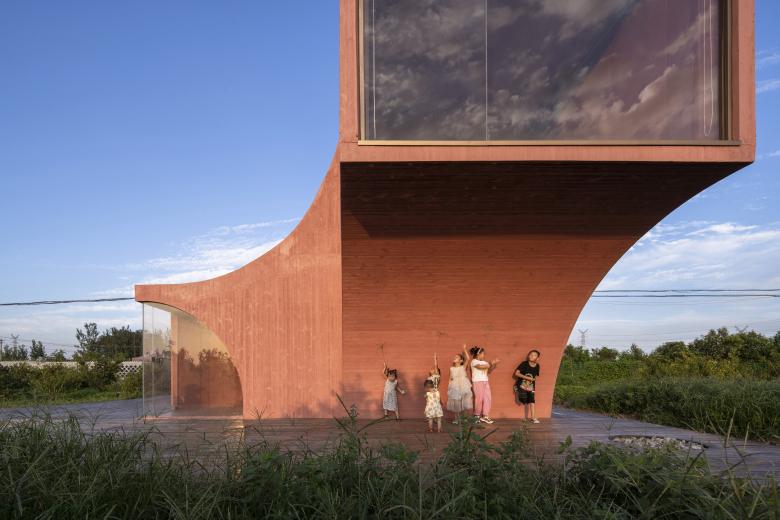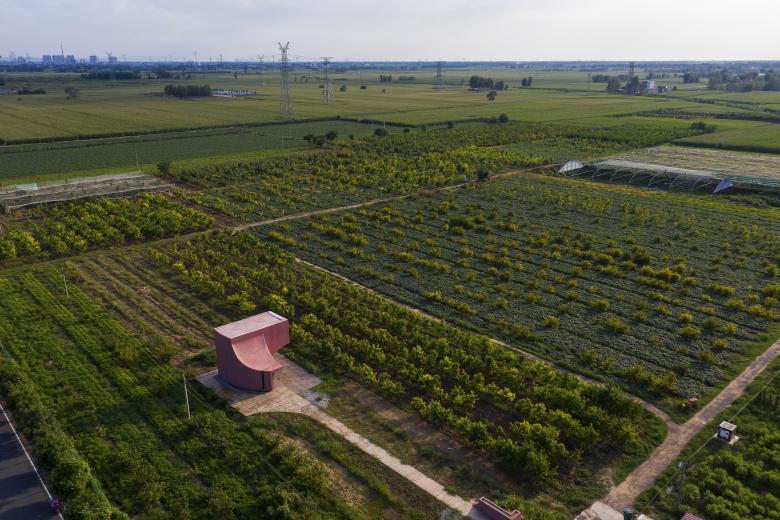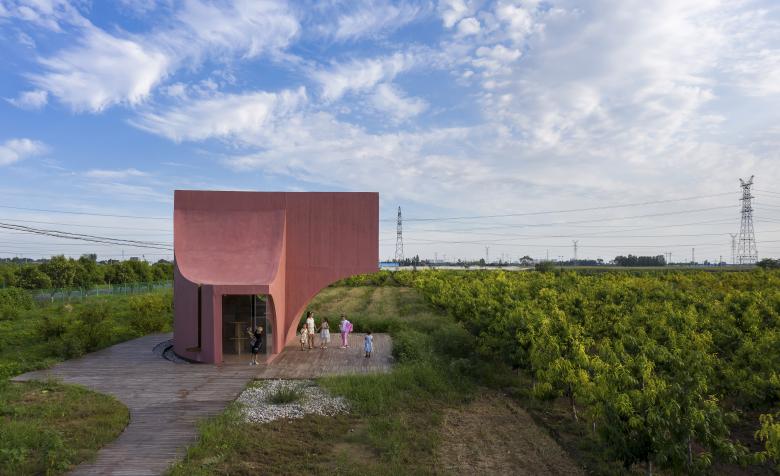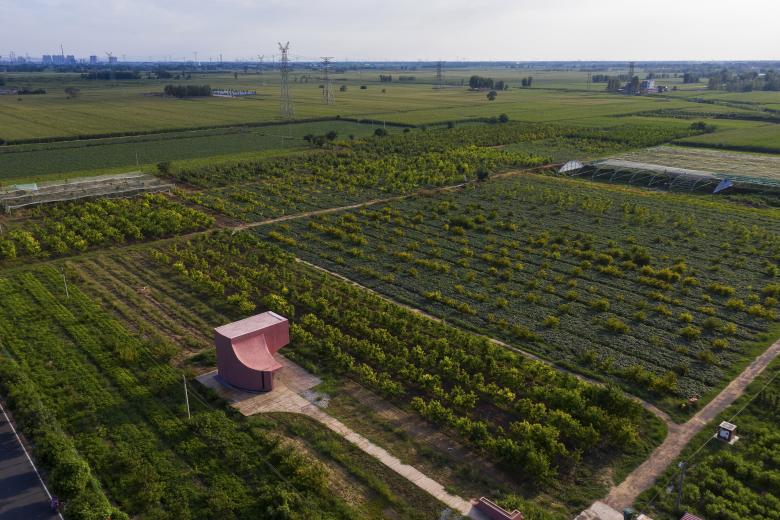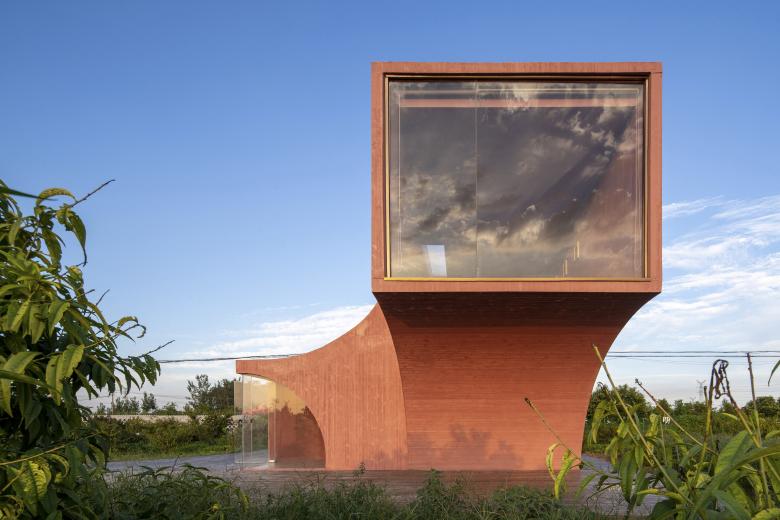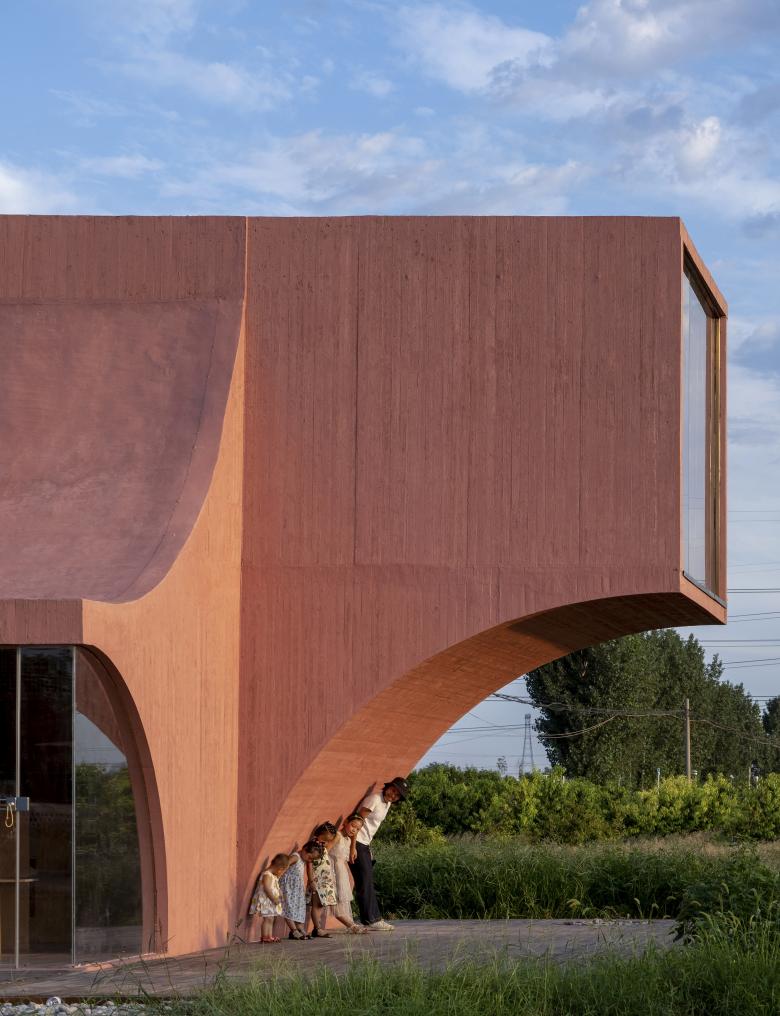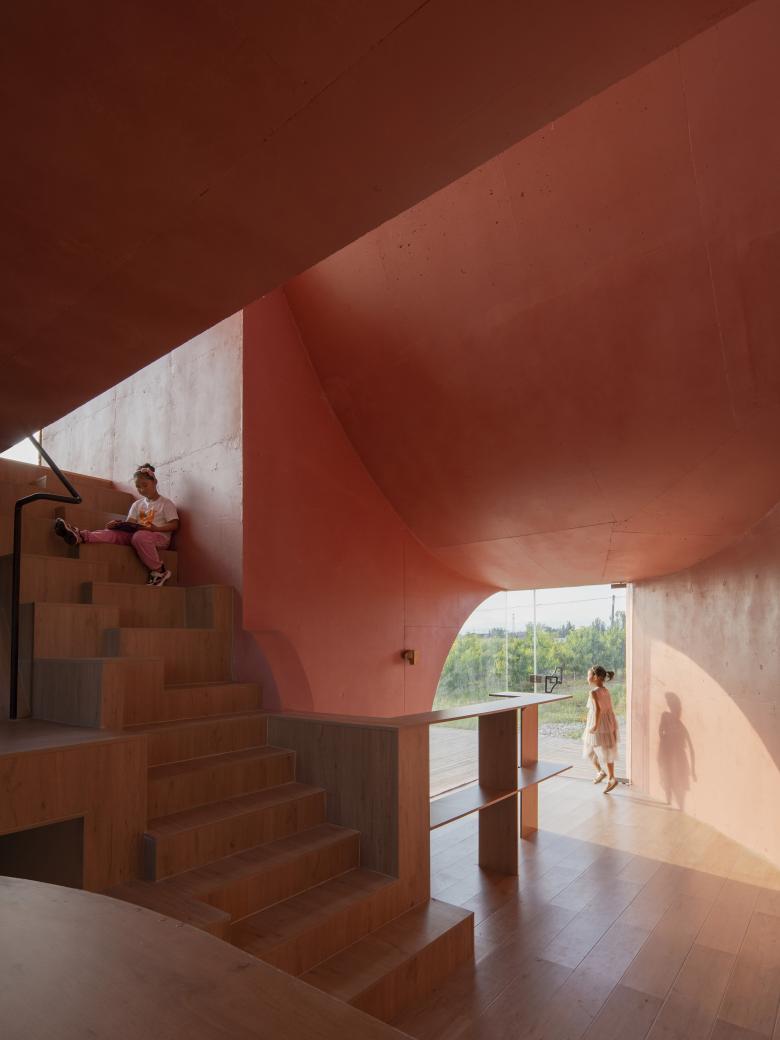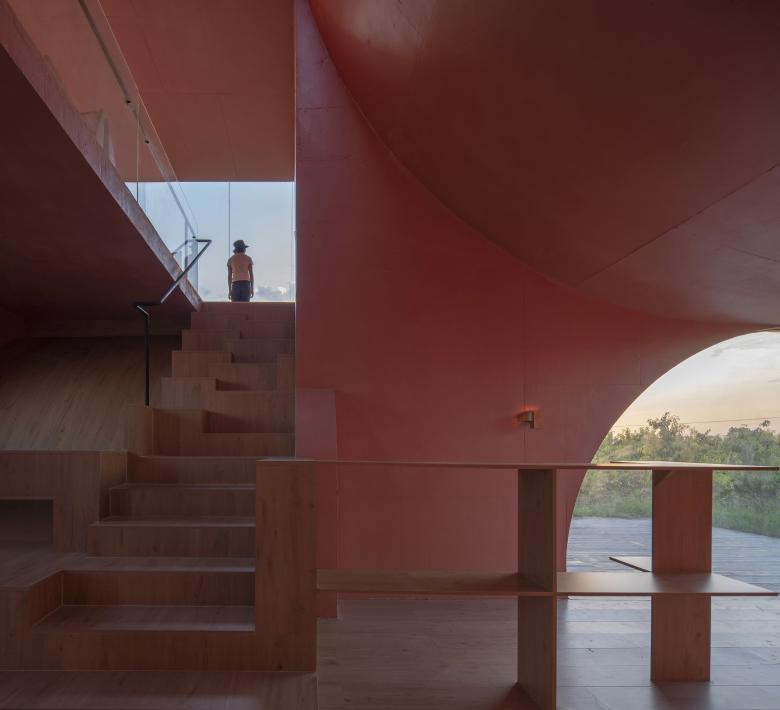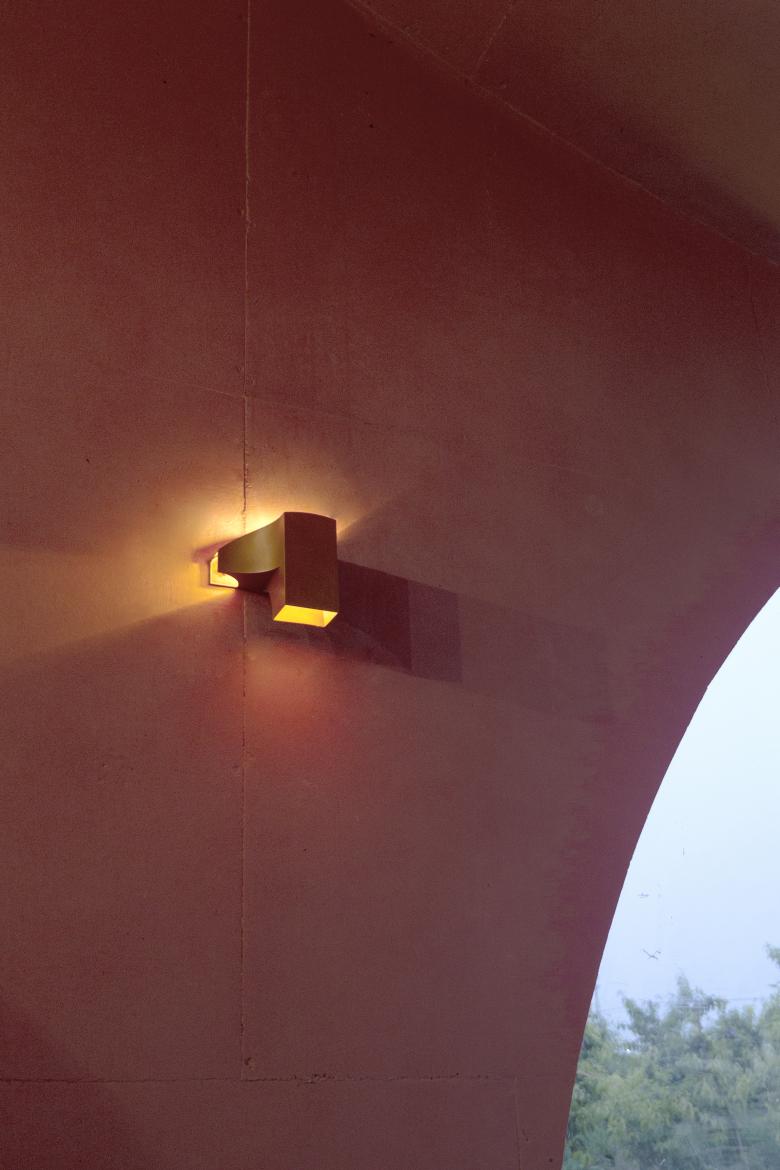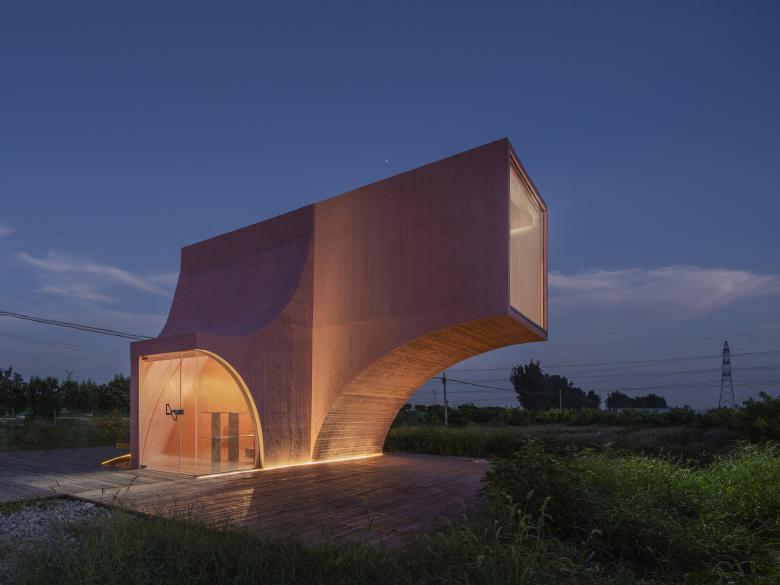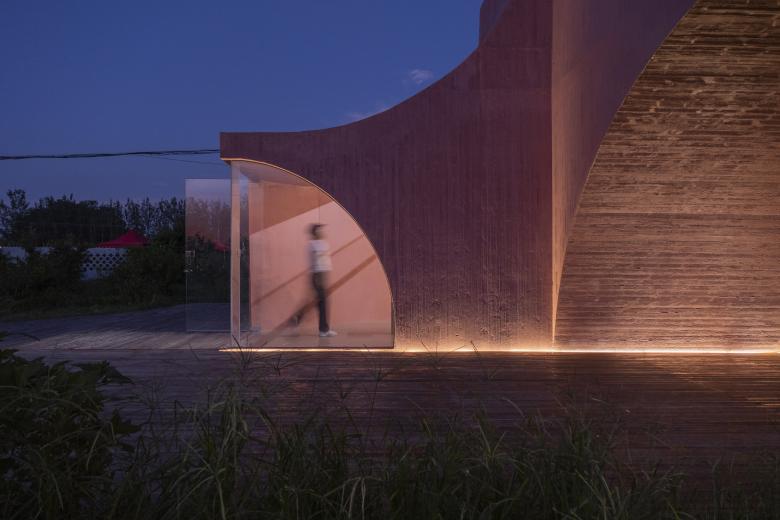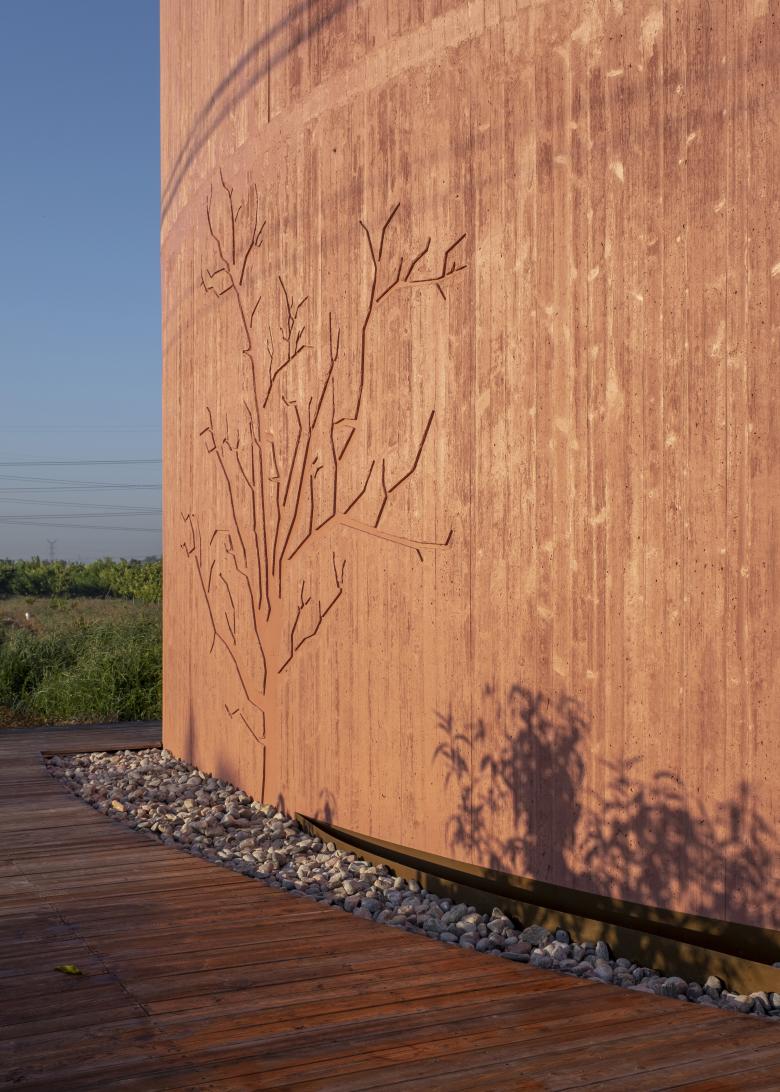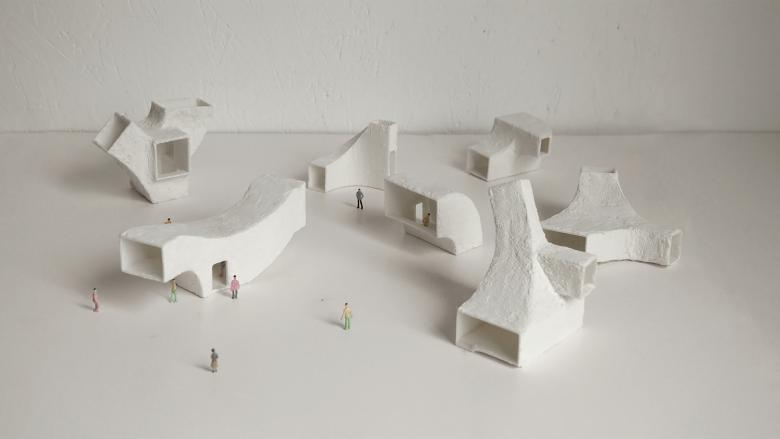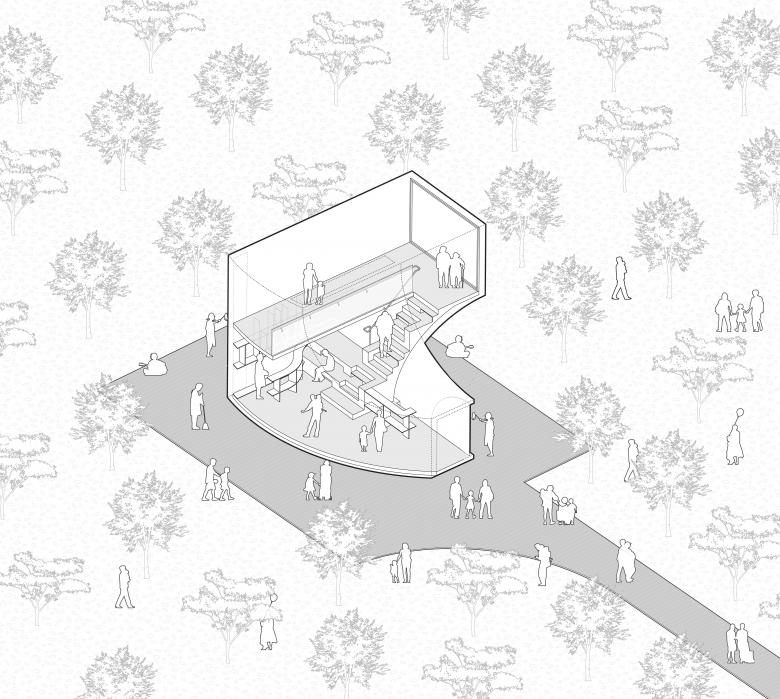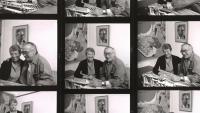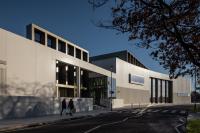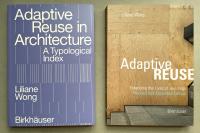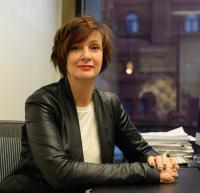Peach Hut
Jiaozuo, China
In the beginning, the architect received the original commission to design a 300-square-meter public building forfacilitatingthe county’s culture and art education in Xiuwu, Henan. However, considering the vast serving area (630-square-kilometer county area) and the difficulty of traveling between scattered villages, the architect came up with a proposal to divide one building into a series of miniature facilities in different locations so as to better serve local communities.
The long-term drawbacks of remote rural areas include insufficient educational resources, inadequate information access and scant aesthetic imagination. Thus, community leaders and the architect seek for an aesthetic approach towards rejuvenating these communities. Through these minimal architecture investments, the project aims to inspire sensibilities of local residents, to help them enjoy and rethink life quality, as well as to alleviate isolation and poverty.
These cast-in-place concrete miniatures are interpreted into a series of tree-shaped spaces with tentacles reaching out for the sky, bathing in light and shadow. Their locations vary from fields, woods, to mountaintops, and their forms differ as well: while one grows out from the ruined walls in an abandoned village, another embodies a floating theater on the water.
The construction of the seven units is divided into two phases with the first phase consisting of Periscope (a vernacular theater), Observatory (a beverage bar in a peach tree farmland) and Bent House (a communal library).
"Peach Hut", the first completed miniature pavilion, is surrounded by a field ofblossoming peach trees in a farmland. The trees on the site which all lean to one side, which inspired the sculptural form of the architecture. The architect envisions that the building is cut from a series of invisible arcs derived from the earth and the cloud, forming a unique shape that rises to the sky.
In the Peach Hut, all windows are of diverse shapes, responding to different views and light angles: the large floor-to-ceiling window on the second floor allows viewers to jump over the peach trees and overlook the panoramic view of the farm; the round window frame on the south side rotates along the central axis, and captures dynamic imageries of the orchard under the subtle variation of daylight; the vertical windows at the corners lengthen the depth of field from the orchard to the village at far; the shadow resulted from the skylight changes at every moment; and the entrance corner window is made as a quarter circle resembling the stooped peach trees, thusresonating withthe picturesque land.
Impressed by the peach blossoms on the site during the first visit, the architect decided to coat the building with pink cast-in-place concrete. After repeated field tests, the architect and the construction team eventually found a formula that met the desired color and concrete strength. The exterior concrete finish is cast with small wooden formwork to outline the contour of the curved geometry, and the interior finish is cast with a smooth formwork to better reflect the skylight from above. In early morning, at noon, dusk and night, the pink concrete wall reveals different colors and qualities based on the changing light conditions.
The architect hopes to leave a few marks on the building that belong only to this piece of land. Therefore, a bronze wall sconce and black steel door handles are designed with the outline of the building; and a relief tree is cast on the concrete facade with customized formwork, orientating towards sunrise to the east.
- Architectes
- Atelier XI
- Lieu
- Xiuwu County, Jiaozuo, China
- Année
- 2020
- Client
- Xiuwu County
- Lead Architect 主持建筑师
- Chen Xi
- Design Team 设计团队
- Zhu Zhu(Associate in Charge), Huang Jiajie, Wang Xingyao, Xu Lvbao, Wang Weiguo, Tian Di, Wen Weijian(Intern), Cao Suying(Intern), Han Xiao(Intern), Xu Zhiwei(Intern)
- Lighting Consultant 灯光顾问
- AURA Lighting Design Consultant
- Construction Documents 施工图设计
- Li Jianhui (architecture), Su Zhimeng (structure), Gan Bin, Xiao Liangmin (MEP)
- Size
- 55m2
